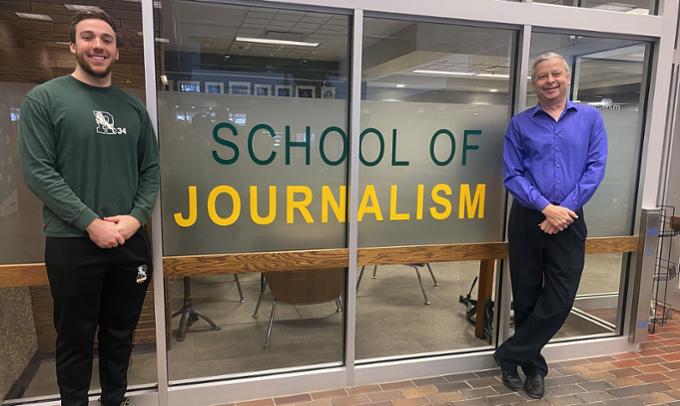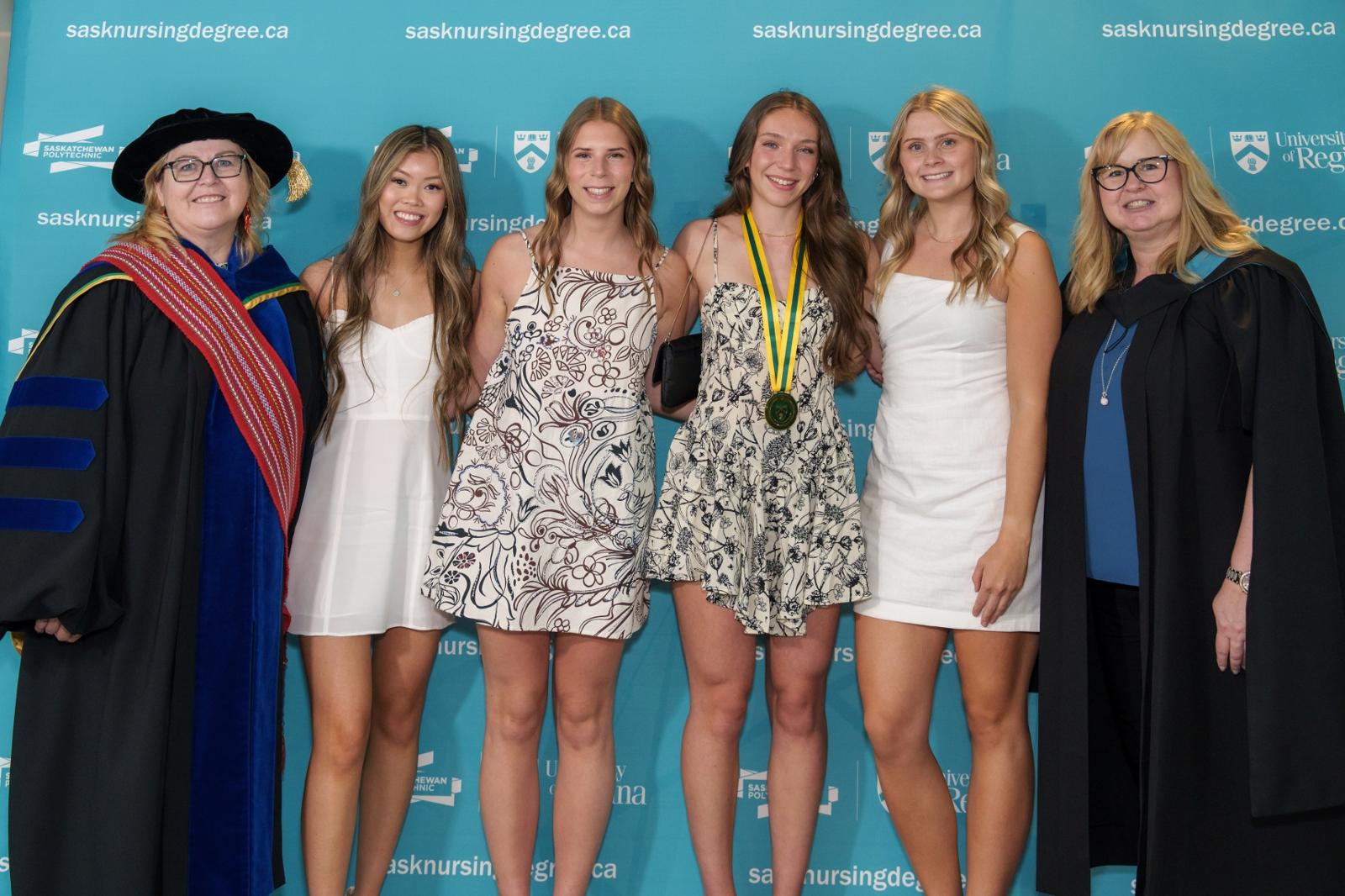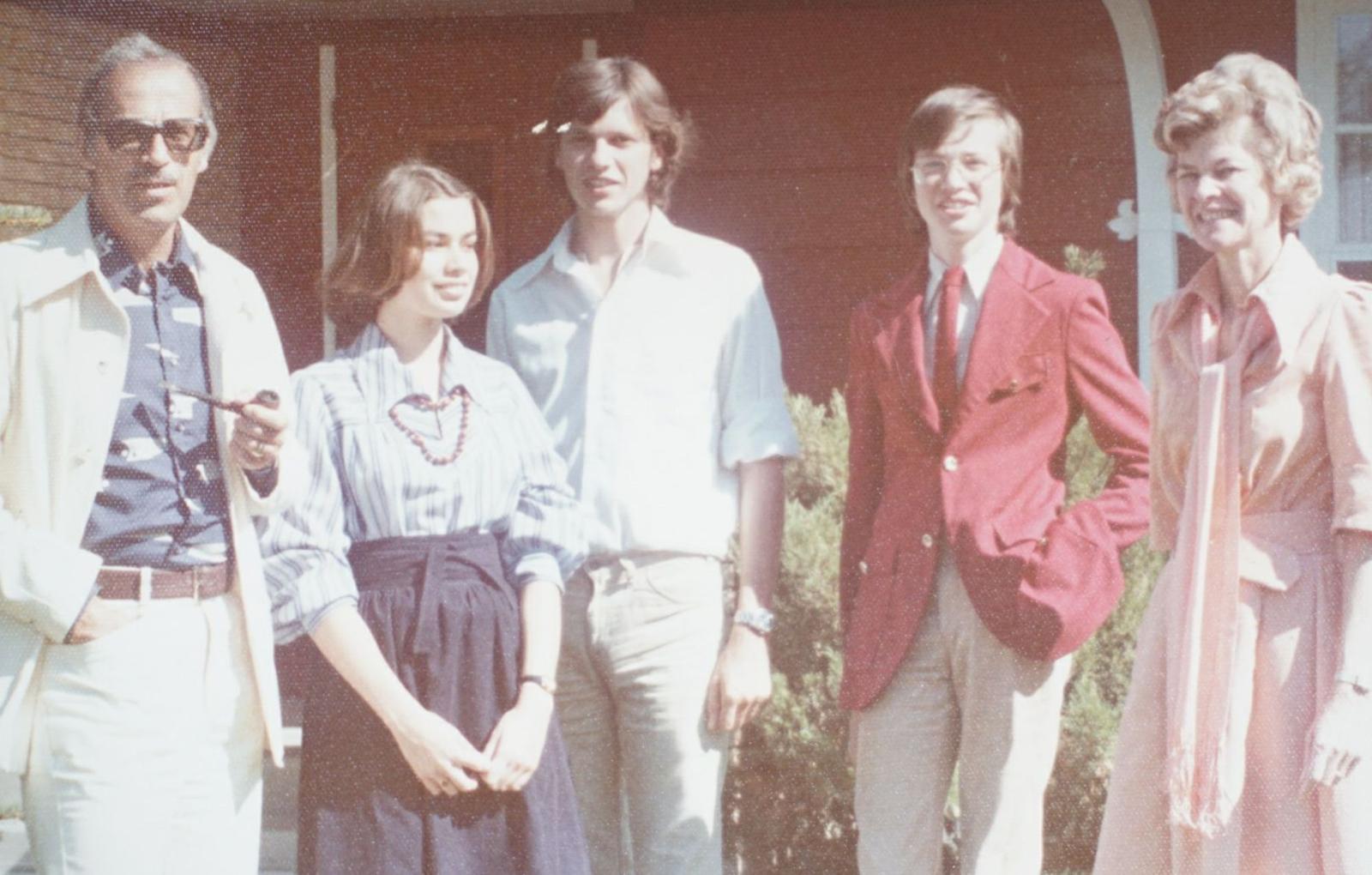Journalism may be undergoing massive upheaval, but for many, the call is still strong to be part of a field that Knowlton Nash, Canadian journalist and news anchor, described as “History on the run.”
Some go in to journalism to serve as defenders of democracy. Some yearn to expose injustice. And others simply have a need to craft and share stories that entertain, inspire, or document the full spectrum of the human experience.
Maybe you are one of them?
With the revitalization of the Journalism program here at the U of R, you will find the courses, professors, and hands-on learning to equip you with the journalistic and communications tools and knowledge you need today, as well as prepare you with the critical thinking and problem-solving skills to navigate the future.
We are proud and excited to be able to offer an accessible and future-proof degree that will help to train Saskatchewan’s next generation of journalists and communications professionals with particular attention to new trends in digital media. — U of R Dean of Arts Shannon Dea
Transformed and ready to welcome you
The University of Regina has launched a new undergraduate degree program — Bachelor of Arts in Journalism, News Media, and Communication — after a one-year pause to renew and revitalize its Journalism program. During that time, faculty reflected, reviewed, researched, consulted, and crafted a new program to reflect the changing times and challenges they hold. Dean of Arts Shannon Dea is as passionate about the power of high-quality and accessible education as she is about ensuring that U of R students are provided with the opportunities and supports to become engaged, empowered, and job-ready citizens.
“Today, it is more vital than ever that journalists are trained in accurate and ethical reporting to counter the rise of misinformation. It is no exaggeration to say that democracy depends on it. But we are seeing not only newsrooms but also journalism programs closing across the country. We are proud and excited to be able to offer an accessible and future-proof degree that will train the next generation of journalists and communications professionals with particular attention to new trends in digital media,” says Dea.
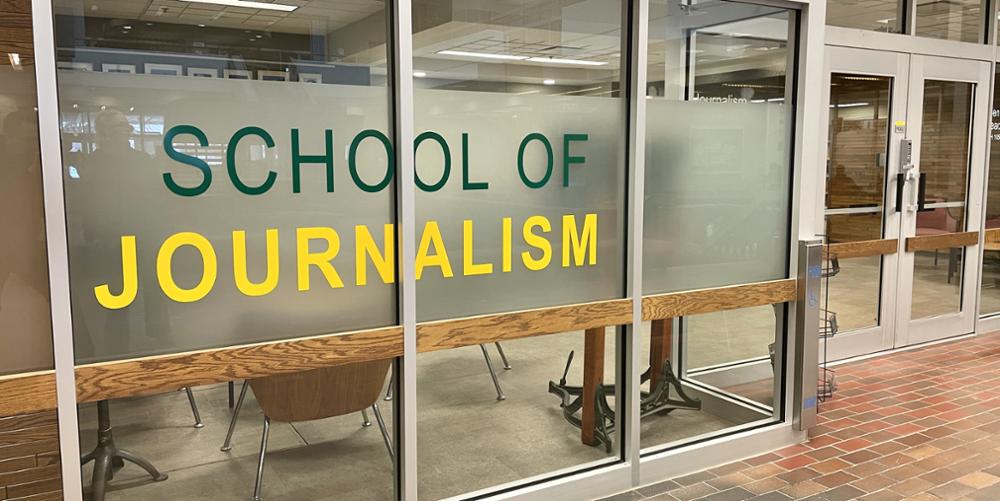
Since 1980, the University of Regina’s highly regarded J-School has been responsible for filling newsrooms on the Prairies and beyond, with top-level journalists and journalists-turned-communication experts. Tamara Cherry is an award-winning journalist, author, and 2006 U of R J-School grad. She is one of many J-School alumni proud of how their alma mater is transforming to meet the demands of today’s news media and communications landscape.
“I could not be more pleased that the best J-School in the country is re-opening its doors. This is great news for democracy,” shares Cherry
Flexible and multidisciplinary
The new program integrates professional training in journalism, digital media, and strategic communications with complementary courses from other areas, including Indigenous Journalism and Communication Arts, Political Science, English, Sociology, Film, and Creative Technologies. Students gain a wide range of professional job-ready skills in research, writing, and critical thinking, in addition to technical know-how coupled with a strong grounding in the liberal arts.
Dea is also very excited about another new and related program. “We are doubly proud that this degree is being launched at the same time as First Nations University of Canada’s new degree and post-degree programs in Indigenous Journalism and Communication Arts,” says Dea. “These two complementary programs offer students unique choice and flexibility that is unparalleled within Canadian universities.”

The new B.A. in Journalism, News Media, and Communication involves four years of full-time study that can be taken over a longer timeframe if needed, with the flexibility to take a wider variety of courses, appealing to students with interdisciplinary interests, working professionals, and mature students. Foundational journalism remains core to the program with courses such as Mass Communications Theory and Practice, Digital Newswriting, Broadcast and Digital Journalism, and Investigative Journalism offered.
Hands-on learning and paid internship
With the revitalized program’s emphasis on providing a greater diversity of elective choices, students graduate ready to meet evolving labour market needs in the news, communications, and cultural industries. It’s also handy to know that the U of R J-School has Canada’s only journalism internship program that mandates paid work placements - which last at least one full semester - often leading directly to continuing full-time employment.
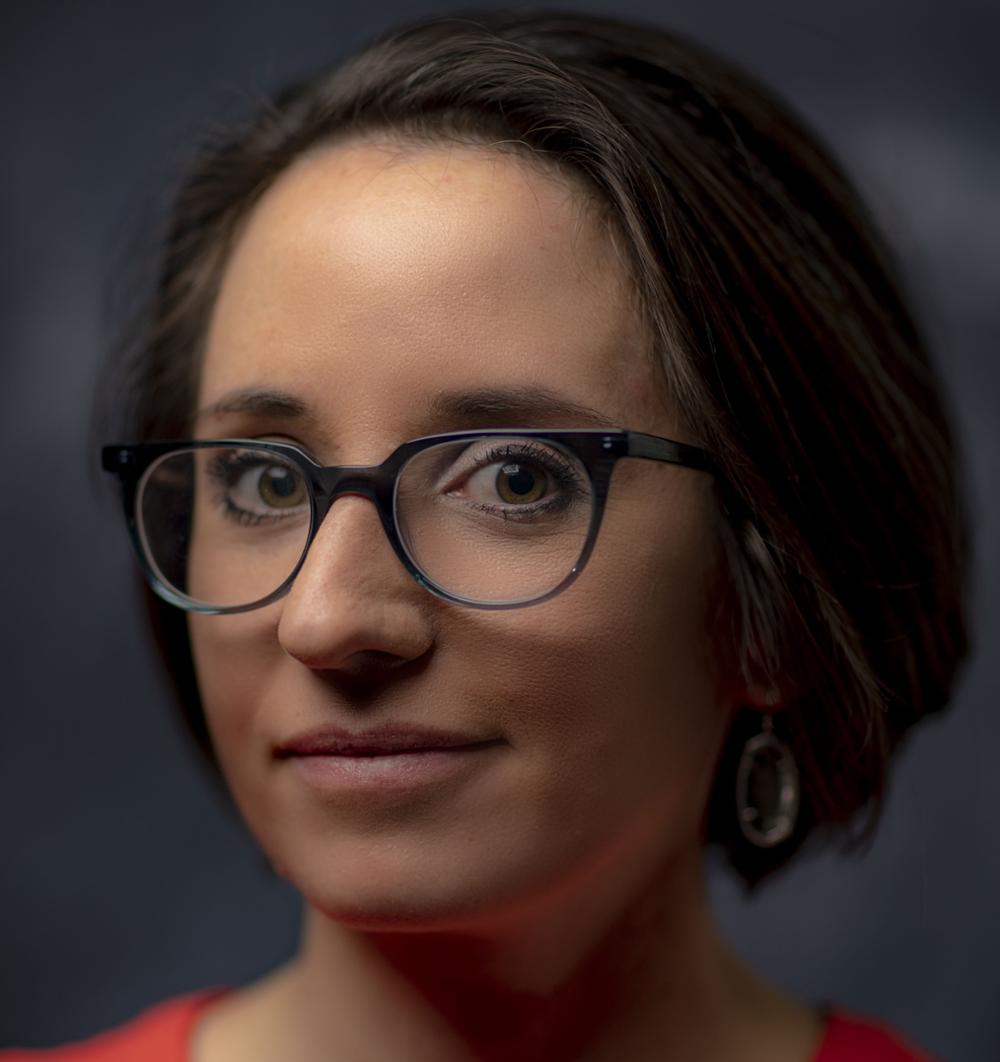
"Throughout my career, I have met journalism students, grads, and educators from across the country. I can say with confidence that the University of Regina’s School of Journalism stands above the rest by virtue of its internship program,” says Cherry. “My four-month internship at the Leader-Post gave me the experience I needed to get another internship at the Calgary Herald, which then led me to the Toronto Star, Toronto Sun, and CTV News Toronto.” Cherry currently dedicates most of her time and energy to her public relations firm, Pickup Communications, supporting trauma survivors and relevant stakeholders.
Feeling inspired?
Learn to craft stories for all forms of today’s media as a journalist or strategic communications specialist — stories that engage, empower the public, and stories that build a stronger, smarter, and more democratic society with the new four-year Bachelor of Arts in Journalism, News Media, and Communication. There are over 20 scholarships specifically for undergraduate journalism students, including the Joan Wohlfarth Award in Journalism, and G. Murray & Edna Forbes Foundation Award in Investigative Journalism.
Find out more today. Visit the School of Journalism and check out the new Journalism, News Media, and Communication program.
Banner photo: Joe Camplin, fourth-year Journalism student, and Department Head and Associate Professor, School of Journalism, Gennadiy Chernov celebrate the announcement and changes to the program. Photo credit: University Communications and Marketing.
About the University of Regina
2024 marks our 50th anniversary as an independent University (although our roots as Regina College date back more than a century!). As we celebrate our past, we work towards a future that is as limitless as the prairie horizon. We support the health and well-being of our 16,700 students and provide them with hands-on learning opportunities to develop career-ready graduates. Our research enterprise has grown to include 21 research centres and 12 Canada Research Chairs and brings in more than $51.2 million in funding annually. Our campuses are on Treaties 4 and 6 - the territories of the nêhiyawak, Anihšināpēk, Dakota, Lakota, and Nakoda peoples, and the homeland of the Michif/Métis nation. We seek to grow our relationships with Indigenous communities to build a more inclusive future.
Let’s go far, together.
